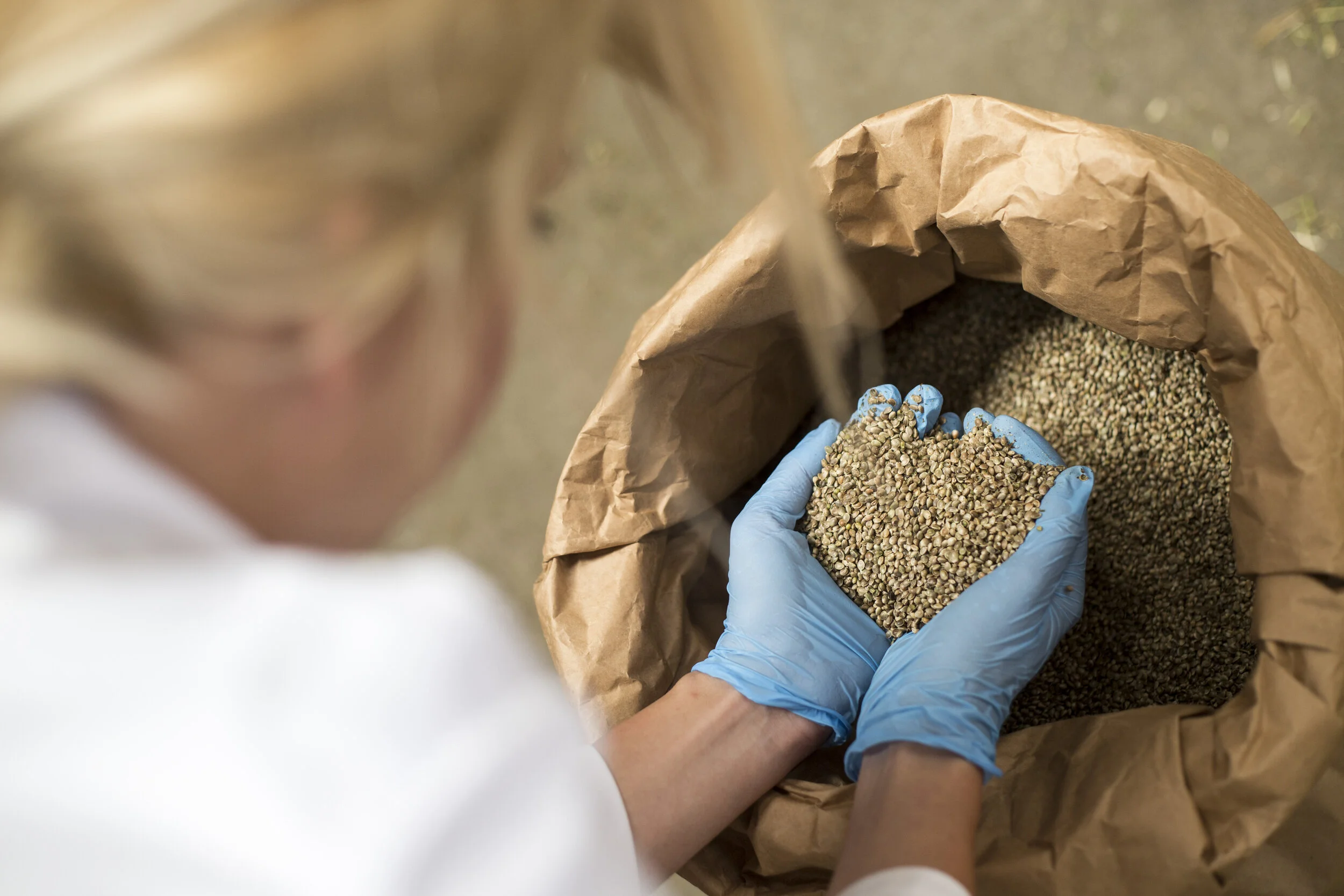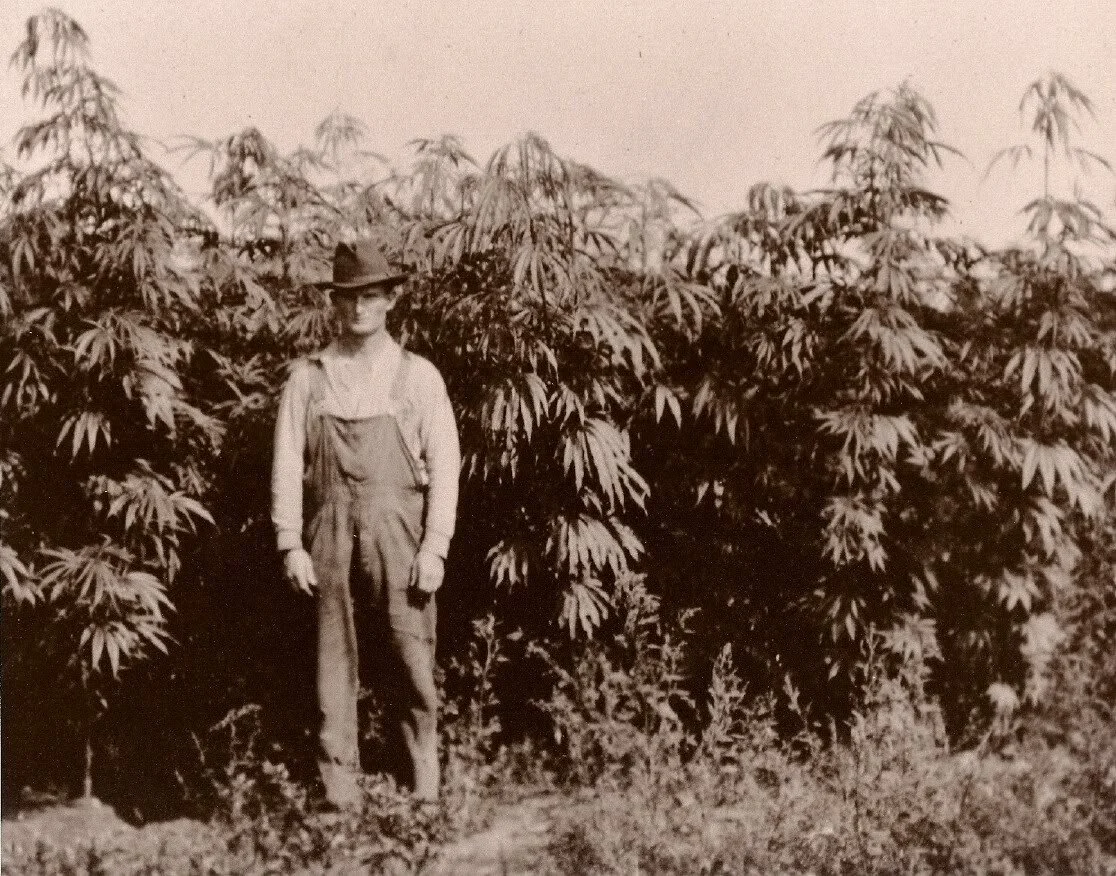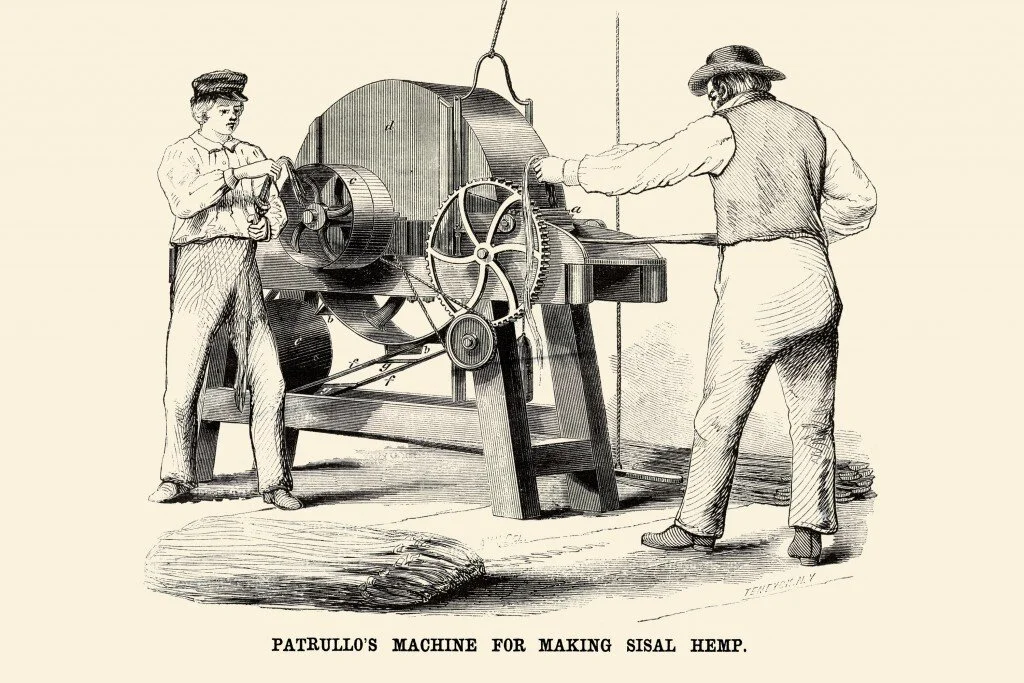Tennessee’s Hemp Program
Hemp has continually been recognized as a valuable crop to support Tennessee’s agricultural and industrial economy.
In response to the 2014 Federal Farm Bill, the 108th General Assembly of Tennessee enacted Public Chapter 916 regarding the growing of industrial hemp in Tennessee. The Commissioner of the Tennessee Department of Agriculture promulgated regulations establishing a program of licensing authorized hemp producers. Tennessee was among the first states to create a hemp program under the 2014 Farm Bill allowing pilot programs for industrial hemp cultivation.
Sec. 7606. Legitimacy of Industrial Hemp Research provides for the cultivation of industrial hemp for purposes of research by institutions of higher education or state departments of agriculture in states where it is legal. In May of 2016, state law was amended to allow for a processor license.
In 2015, the state had 49 producers licensed to grow 660 acres. In 2019, after the 2018 Farm Bill lifted the controlled substance designation of industrial hemp, the number of producers peaked at 3,957 licensed to grow 51,000 acres. As of May 2022, there were only 1,041 producers of industrial hemp licensed to grow 5,682 acres. The shift in recent years illustrates the potential for scale and interest from the state’s farmers and cultivation experts.
In 2022, a collaborative initiative led by Tennessee State University, in partnership with the Hemp Alliance of Tennessee, the University of Tennessee, and the Tennessee Department of Agriculture was granted nearly $5 million by the U.S. Department of Agriculture (USDA) Partnerships for Climate-Smart Commodities to help expand markets for American producers who produce climate-smart commodities and provide meaningful benefits to small and underserved producers.
According to the USDA, the value of hemp production in the United States totaled $824 million in 2021. Industry analysts estimated the global industrial hemp market size at USD 4.13 billion in 2021 and is expect it to grow at a compound annual growth rate (CAGR) of 16.8% from 2022 to 2030.
Industrial hemp is federally defined in the Agricultural Act of 2014 as “the plant Cannabis sativa L. and any part of such plant, whether growing or not, with a delta-9 tetrahydrocannabinol (THC) concentration of not more than 0.3% on a dry weight basis.” However, industrial hemp also produces CBD, and there is no restriction on CBD concentration.
Tennessee’s History of Industrial Hemp
Hemp has been an important crop throughout the history of the United States, and to a certain extent in Tennessee.
By the mid-1600s, hemp had become an important part of the Colonial economy and was used to produce cordage, cloth, canvas, sacks and paper. In fact, the first drafts of the Declaration of Independence were penned on hemp paper. Hemp was widely grown in Revolutionary War times, as it was strategically important for maritime use for lines, rigging, sail canvas and caulking on ships. George Washington encouraged hemp production and Thomas Jefferson bred improved varieties and invented a special brake for crushing the plant's stems during fiber processing.
The history of hemp production Tennessee dates to the early 19th century with the arrival of pioneer families. Donald Winters, in his Tennessee Farming, quotes an East Tennessee report from the 1840s: "Hemp grows luxuriantly upon our River Bottom Lands, but has hitherto been neglected; although it is believed to be more profitable than any other crop that can be raised." Winters writes that during the War with Mexico, the state legislature petitioned the U.S. government to help promote hemp production in Tennessee. In 1852 the Navy built a rope factory in Memphis with the intention of purchasing hemp from Tennessee and Kentucky growers, but the project was eventually abandoned.
According to the 1850 U.S. Census, Tennessee produced 454 tons of dew-rotted hemp and 141 tons of water-rotted hemp. The different methods refer to the way in which the components of the stalk were broken down and prepared for processing.
Tennessee's first commissioner of agriculture, Joseph Killebrew, in his exhaustive Resources of Tennessee published in 1874, reported that hemp was widely grown throughout Middle Tennessee. Bedford, Coffee, Jackson, Marshall, Maury, Sumner and Williamson counties were particularly noted for having suitable soils for hemp production. In Maury County, hemp was used for ropes and bagging for cotton. "In response to this demand, hemp came to be one of the staple crops in Maury County, and rope walks and hemp factories were quite as common in the county as cotton gins are now," according to the report. In the 1870 census, Sumner County (including present day Trousdale County) reported producing 150 tons of hemp. "In time, however, Missouri, Kentucky and other states entered the hemp field, and the competition became too strong," Killebrew added.
Along with Missouri and Illinois, Kentucky farmers produced most American hemp until the late 1800s, when demand for sailcloth and cordage began to wane due to the arrival of steam ships. With the advent of mechanical means of harvesting and processing, Kentucky continued to lead in seed production and Wisconsin in fiber processing before and during World War II, when there was a brief resurgence in demand.
Although industrial hemp contains very little of the hallucinogenic properties of marijuana, production and processing declined after World War II with the passage of state and federal laws aimed at regulating the narcotic varieties of Cannabis. Its decline was further accelerated with the development and availability of cheap synthetic fibers. Also, the resurgence of cotton production in the deep South was likely a contributing factor to hemp's decline.
The Tennessee hemp difference
Tennessee was among the first states to create a hemp program in 2014-2015. Because of that, Tennessee has a highly-educated base of experienced growers and hemp industry players who continue to advocate for the betterment of the industry.
We are hemp-friendly.
Tennessee is a hemp-friendly state (hemp feed, smokable, etc.) with few restrictions and reasonable support of hemp-derived THC policies.
We have strong government support.
We have a strong legislative backbone proactively working to create new, progressive laws each year. The Tennessee Department of Agriculture works to lead and support our growing hemp industry.
We have a great climate for growing.
Tennessee is a horticulture state with expertise in multiple ways of farming specialty crops like tobacco and vegetables. Our grower community is generally smaller, craft, century farms focused with purpose on getting best quality yields from small acreage.
Our plentiful average rainfall allows more sustainable farming with minimal use of drip irrigation and need to deplete aquifers. With four seasons and temperatures with mild winters (avg. temp 40 degrees) and prime summer months (avg. temp 83 degrees) make Tennessee an optimal climate for growing.
Tennessee also features great diversity in topography, along broad latitude facilities that include varied bio regions ranging from delta and plains to plateaus and hills, to higher elevations with mountains that demand genetically diverse crops.
Tennessee’s strategic geography for logistics supports efficient interstate commerce and outlets for crops.
Sources
Except where otherwise noted, this information is based on "The Forgotten History of Hemp Cultivation in America" by Oscar H. Will III, November 2004
http://www.farmcollector.com/farm-life/strategic-fibers.aspx?PageId=1#axzz32Txzqk3J.
Tennessee Dept of Agriculture Website




